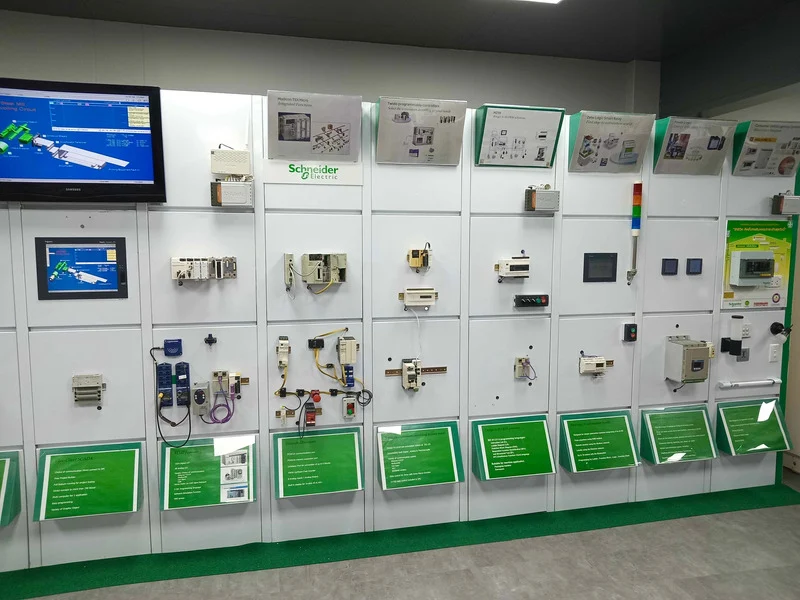BACKGROUND
OBJECTIVE
To establish a sustainable climate resilient aquaculture value chain in Vietnam, especially focusing on reducing water pollution & waste generated because of aquaculture.


To establish a sustainable climate resilient aquaculture value chain in Vietnam, especially focusing on reducing water pollution & waste generated because of aquaculture.

1. Building the capacity of aquaculture farmers to adopt sustainable practices through:
• Training & technical assistance on Aquaculture Stewardship Council (ASC) and sustainable inputs
• Establishing demo aquafarms to conduct trainings and learning sessions
• Launching awareness campaigns
2. Improving the aquaculture industry infrastructure to be climate resilient by:
• Improving access to sustainable inputs
• Setting up Material Recovery Facilities (MRF) to sort waste
• Establishing market connections
• Establishing waste & water treatment technologies
